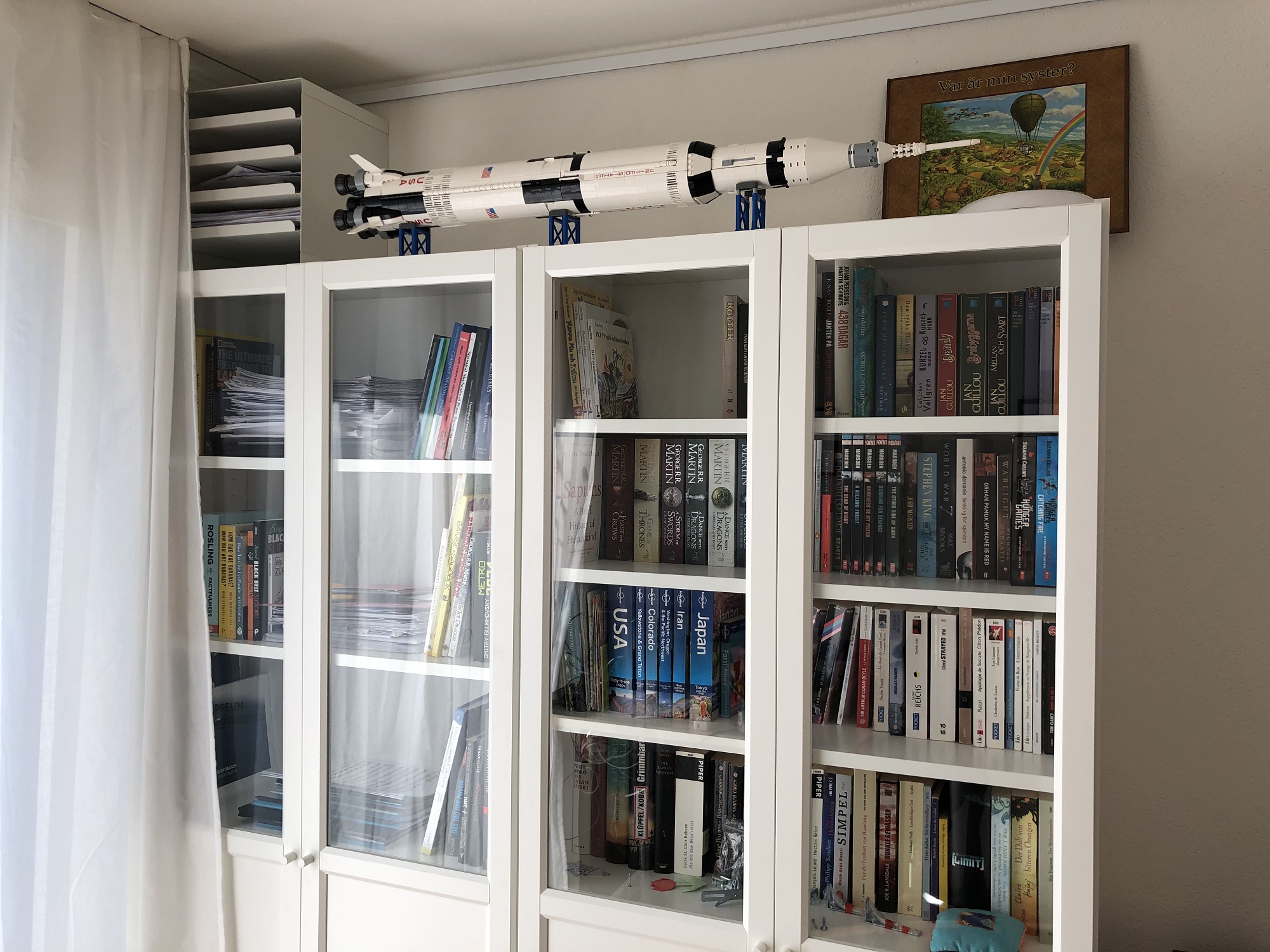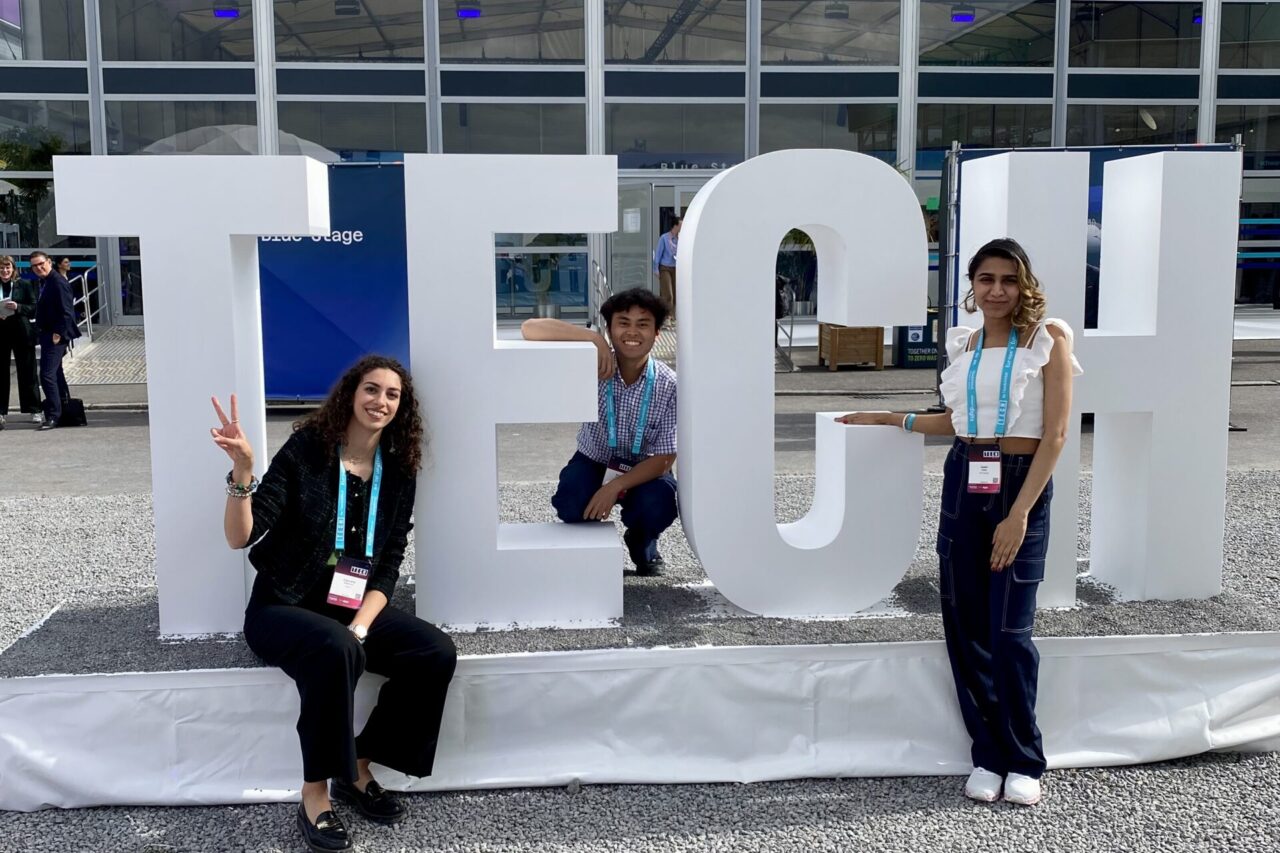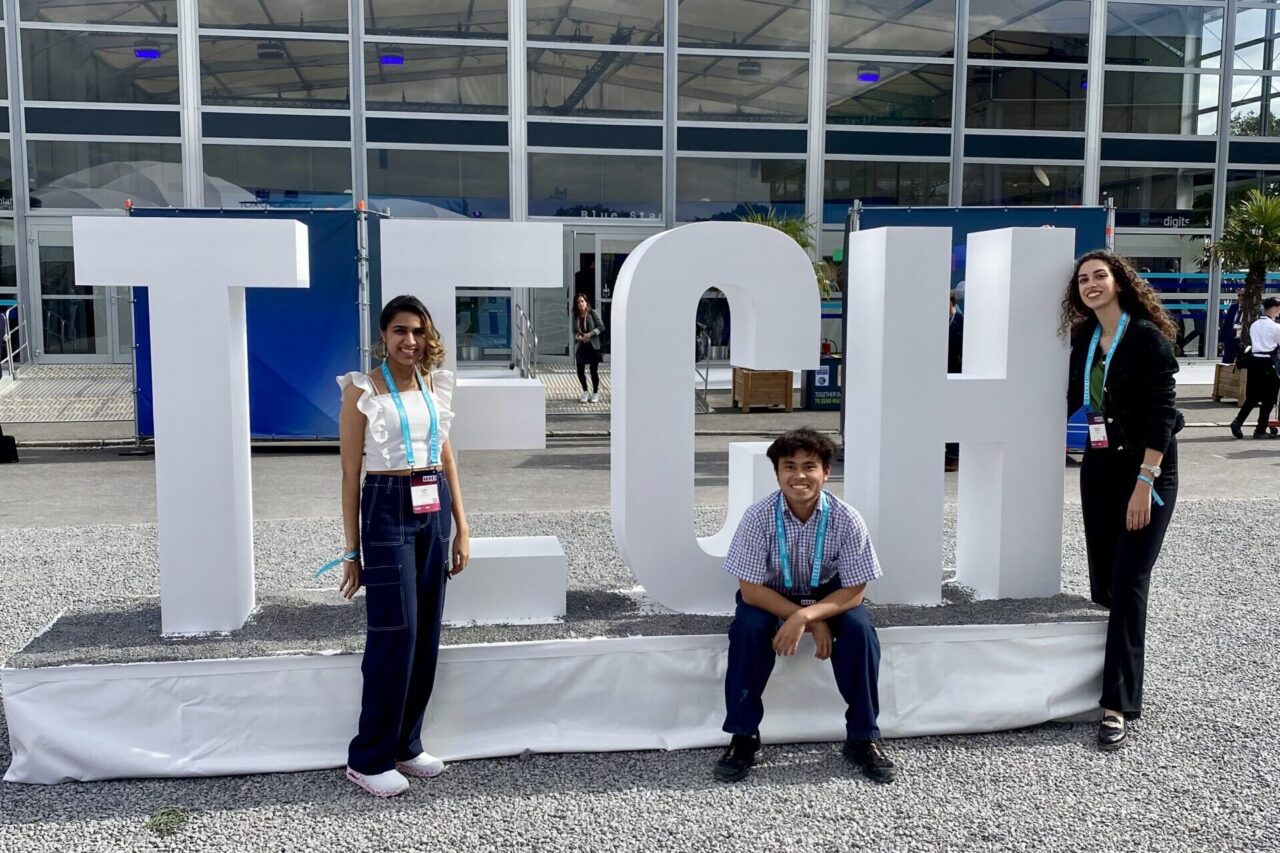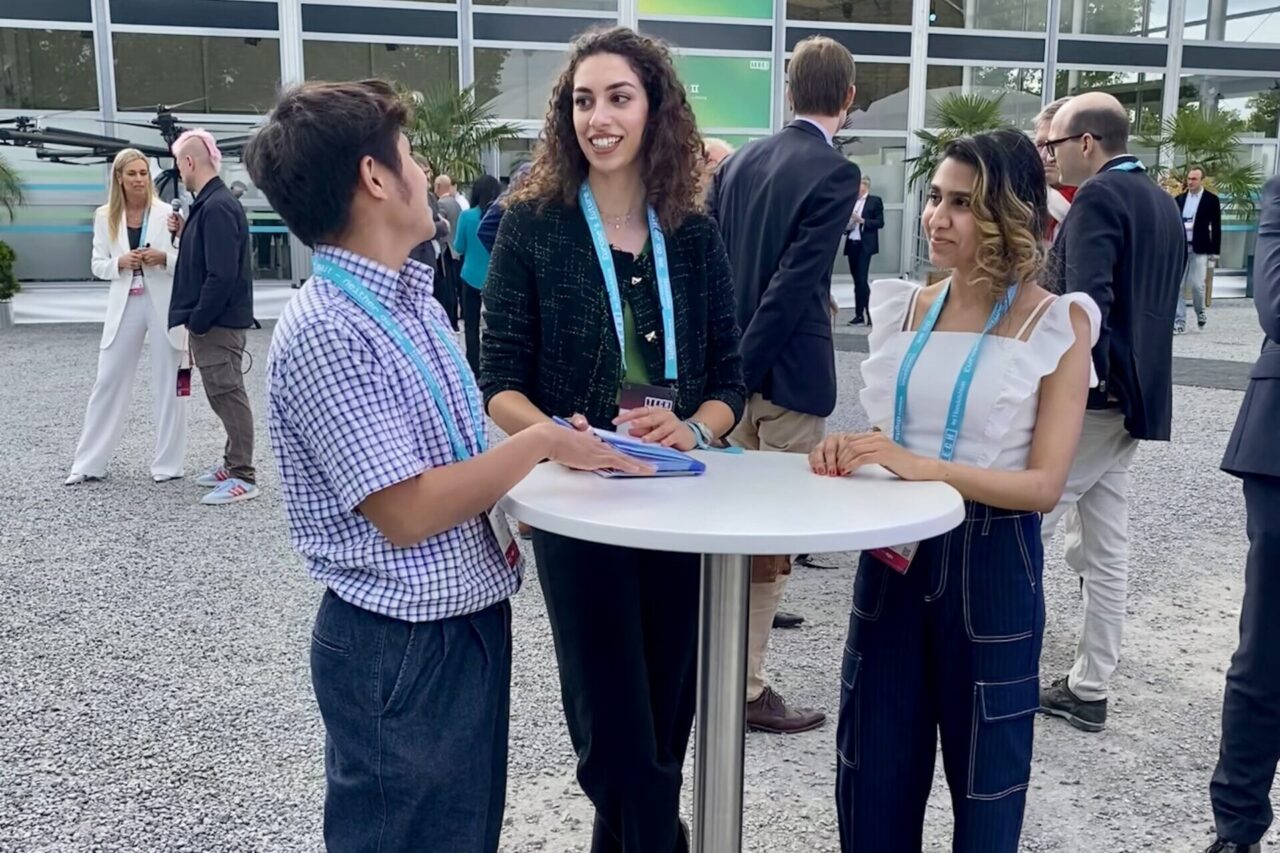We are lucky. My biggest problem over the last few weeks has been a headache and low productivity. Friends and colleagues at ETH Zurich have bigger problems. Some doctoral students feel like their super-visors are trying to micromanage them remotely. On the other hand, supervisors may feel like their employees are just slacking off at home. Those with kids have to spend hours teaching them and correcting their homework. Researchers have had to contemplate what to do with mice that have taken months, if not years, to breed.
We are lucky. My sisters are both medical doctors. The younger one works in the emergency room of CHUV. This is the university hospital in Lausanne, one of the worst hit in Switzerland. My older sister lives in the UK and is married to a wonderful man. He has the misfortune of being immunocompromised. Despite the risks to her husband, she still goes to work, deciding who to refer to the strained specialist services. Among all this, my father is most worried about his best friend, whose urgent chemotherapy was delayed due to fears of infection.








